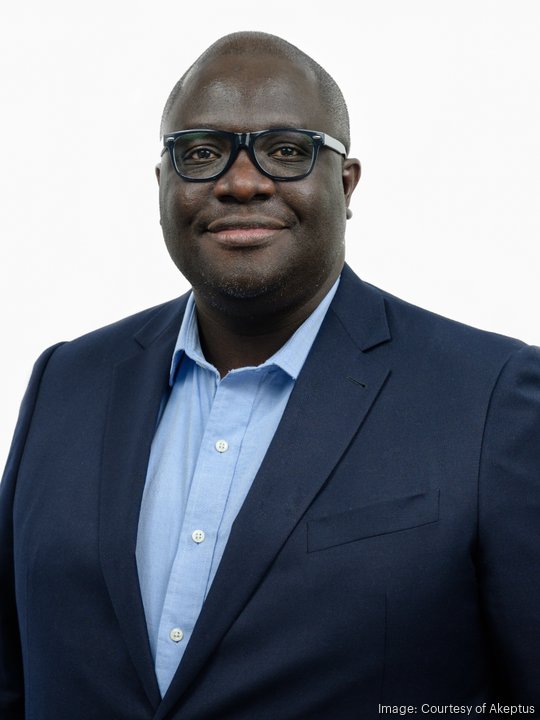
A startup that moved from Pittsburgh to Baltimore just raised money from Google to change how homeowners view their energy bills.
Akeptus won $150,000 in funding from the tech giant alongside $100,000 in Google Cloud credits that can be used for data storage or analysis. The startup uses machine learning to provide insights into how people use energy based on their utility bill. Founder Nana Wilberforce plans for the Google money to be part of a $2 million venture capital round he hopes to close later this year.
Wilberforce intends to grow Akeptus into an “Angie’s List”-style platform to complement the home improvement projects fostered by a desire to reduce energy consumption. The software could tell a homeowner they need to change their HVAC system to save energy and then recommend a contractor. The company will refer tradespeople to homeowners in exchange for a cut of the project cost. The company's ability to look at energy use data can also help people hold contractors accountable for their work.
“When they do the project, since we're already analyzing the building systems, we can actually tell you if the project was done well or not,” Wilberforce said.
Akeptus also has a business-to-business product to help commercial clients like Ben & Jerry’s reduce energy use. The two products have different revenue strategies. The retail platform is free to use for homeowners, but Akeptus charges a monthly fee to commercial clients. The software can also connect directly to smart devices and shut them down during non-peak times of the day.
"Our sweet spot is with small businesses or franchises,” Wilberforce said.
The platform also targets utility companies as possible clients. The software can detect a leak of a greenhouse gas SF6, a common insulating medium at electrical substations. Most utility companies only do in-person inspections every year, leaving them vulnerable to leaks in between inspections.
Wilberforce moved from Pittsburgh to Baltimore two years ago for a mix of family and business reasons. The move to Baltimore means Akpetus is in a more central part of the country where Wilberforce can quickly access a variety of clients.
Baltimore is seeing a lot of growth in renewable energy research. Johns Hopkins University recently announced a plan to create a lab studying how to build better batteries for electric cars on the second floor of the popular R. House food hall. The region’s solar energy firms are also growing, with solar financing firm Sunstone Credit acquiring two firms in six months.










